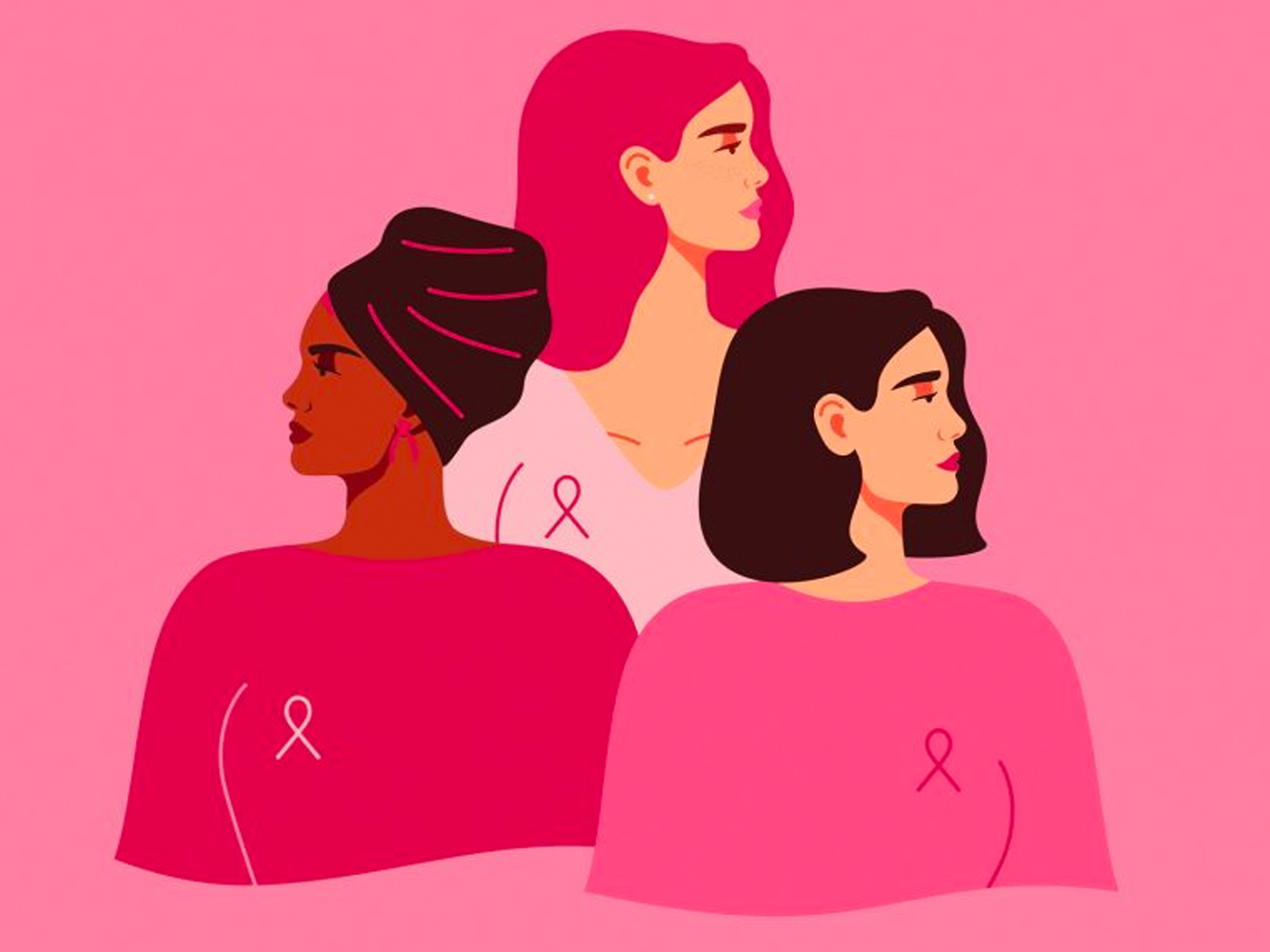By Dr. Mandy Greenberg
Studies have shown that a combination of factors can change your risk for breast cancer. The main factors that influence your risk include being a woman and getting older.
You have probably wondered if there is anything you can do to reduce your risk of developing breast cancer. And, if you have already been diagnosed with breast cancer, you might be wondering how lifestyle changes could promote a positive treatment outcome or prevent a recurrence.
Here are facts about lifestyle choices and how they may affect breast cancer risk:
Q) Do my lifestyle choices really affect my cancer risk?
Yes. Only about five to 10 per cent of cancers are genetic. Some people may develop cancer for no known reason. However, some people may develop cancer because they have increased risk due to lifestyle choices such as an unhealthy diet, lack of activity or smoking.
Q) Does alcohol increase risk for breast cancer?
Yes. Alcohol can increase estrogen levels in the body. This in turn can influence breast cancer risk since certain breast cancers are estrogen driven. Regular, excessive alcohol consumption could spark a new diagnosis or a recurrence. When it comes to alcohol and cancer, the key is moderation. Do your best to make healthy choices—if you do not drink alcohol, do not start. If you drink alcohol, drink less.
Q) Does wearing antiperspirant or deodorant increase risk for breast cancer?
No. There is no evidence of an association between breast cancer and antiperspirants or deodorants. The origin of this myth comes from the belief that the body absorbs chemicals from deodorants, allowing toxins that cause breast cancer to build up in the breast and underarm. In reality, the kidneys and liver should clear the toxins before they can build up.
Q) Does breastfeeding reduce risk of breast cancer?
Yes. Breastfeeding can reduce breast cancer risk, particularly for women who breastfeed for longer than a year. Research shows that making breastmilk 24/7 prevents cancer cells from developing. Breastfeeding may also cause missed periods, which lowers estrogen levels in the body. Additionally, breastfeeding also promotes a healthier lifestyle, including eating nutritious foods, limiting alcohol and avoiding smoking.
Q) Do hormonal contraceptives like birth control pills increase risk for breast cancer?
It depends. Some studies have shown that newer birth control pills and intrauterine devices (IUDs) slightly increase the risk for breast cancer. However, it depends on the individual’s other risk factors, such as age, personal and family health history, activity level, diet and weight, and if they smoke.
Other research suggests that older forms of hormonal birth control were linked to increased risk of breast cancer because they had higher doses of hormones.
Many women need effective birth control. Plus, hormonal contraceptives have been shown to lower risk of ovarian cancer and uterine cancer. Talk with your doctor to determine if hormonal contraceptives are right for you.
Q) Does hormone replacement therapy (HRT) increase the risk of breast cancer?
Yes. Some women need HRT to maintain their quality of life, especially during perimenopause, which may last one or two years. Most women do not need to be on HRT long-term. Weigh the benefits and risks of HRT with your doctor and make a decision that is best for you.
Q) Does eating soy increase risk for breast cancer?
No. Soy is not considered a major risk factor for breast cancer. However, just as with alcohol and other lifestyle choices, moderation is important. Soy has isoflavones, which are plant estrogens. High levels of estrogen have been linked to an increased risk of breast cancer. But, studies have shown that soy foods do not have high enough levels of isoflavones to increase breast cancer risk. Although a soy-only diet is not recommended, whole soy foods—such as edamame, soybeans, tofu and unsweetened soy milk—have many health benefits. Highly processed or supplemental forms of soy, such as soy protein, should be avoided.
Q) Are underwire bras a risk for breast cancer?
No. Similar to antiperspirants or deodorants, there is no evidence linking underwire bras with an increased risk of breast cancer. The origin of this theory is that underwire bras block drainage of the lymphatic fluid from the bottom of the breast, causing cancer. It may also have started because larger women have a higher risk of breast cancer and are also more likely to wear underwire bras.
The bottom line
There are many factors that can influence breast cancer risk, including genetics and lifestyle choices such as diet, exercise and smoking. There are also factors we do not know about yet and others that we cannot control. Moderation is the key. Just because you have a risk factor does not mean you will get breast cancer. Do your best to make healthy choices and enjoy life. Also, talk with your doctor about your risk for breast cancer and reference trusted sources if you are curious about lifestyle choices and their influence on risk.
Dr. Mandy Greenberg is a board certified, fellowship-trained breast surgeon. She is the medical director of the high-risk breast screening program. Her clinical expertise is in breast cancer and benign breast disease.














